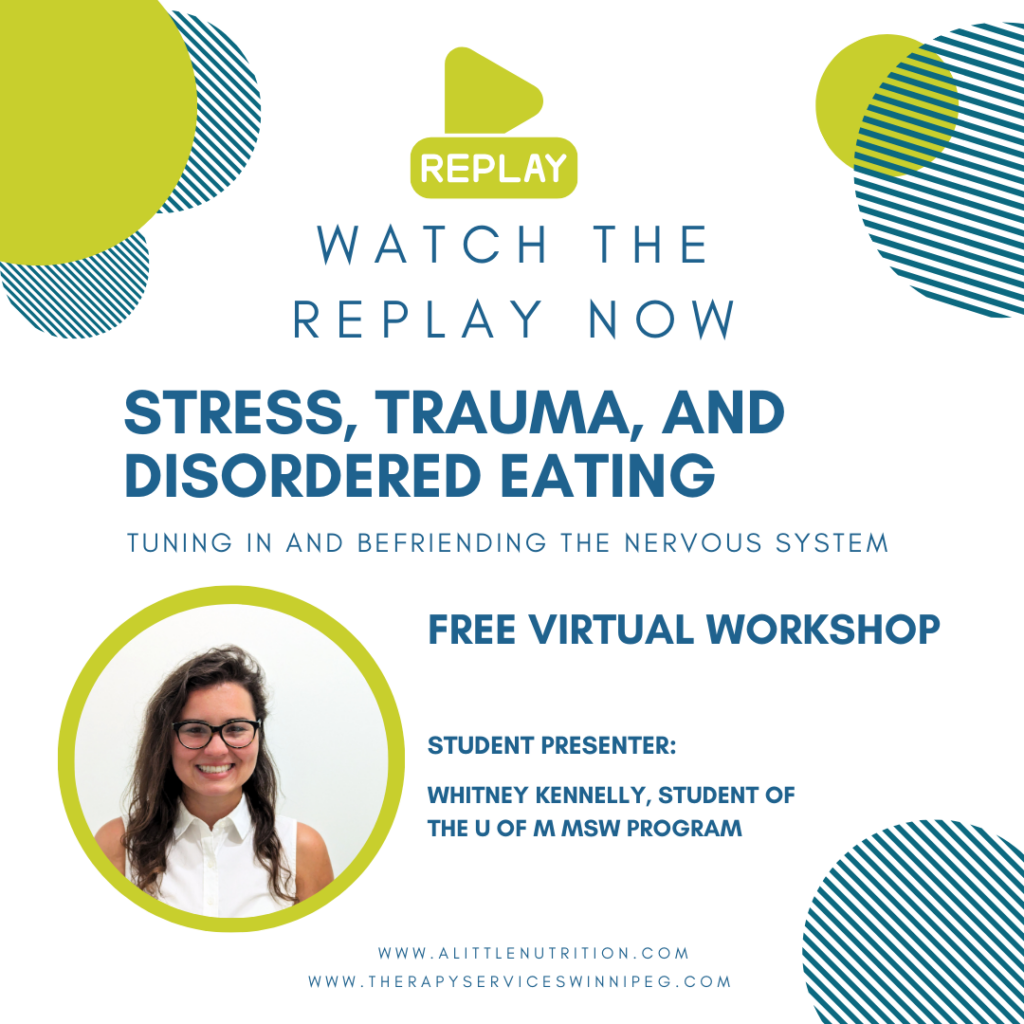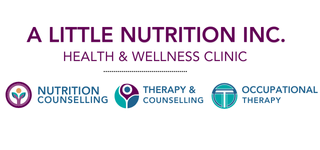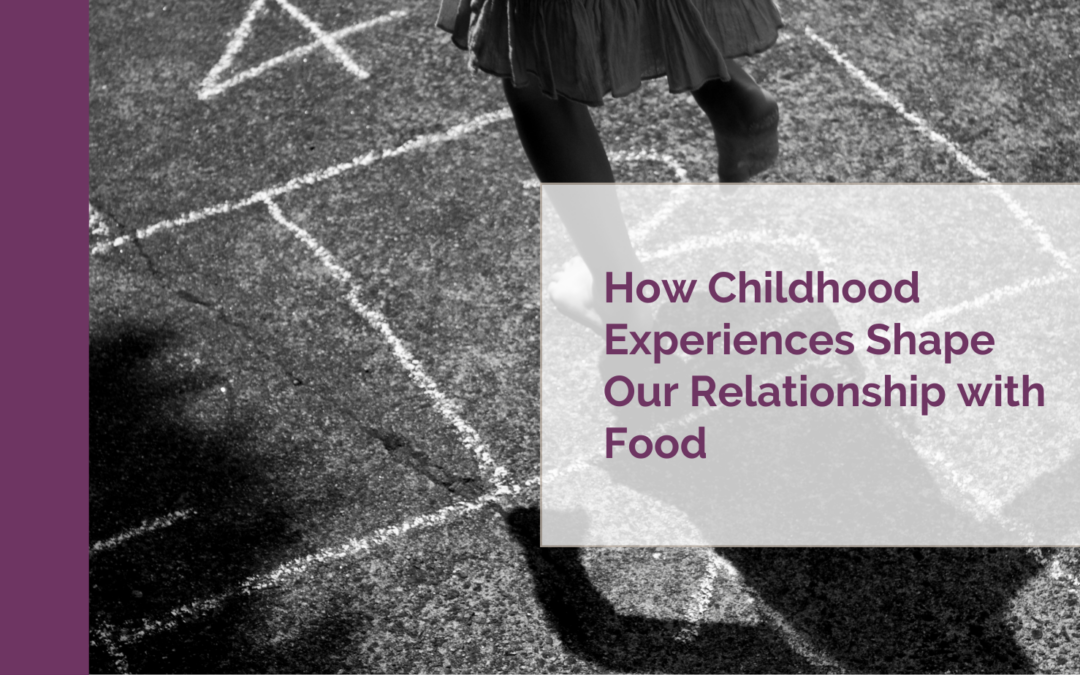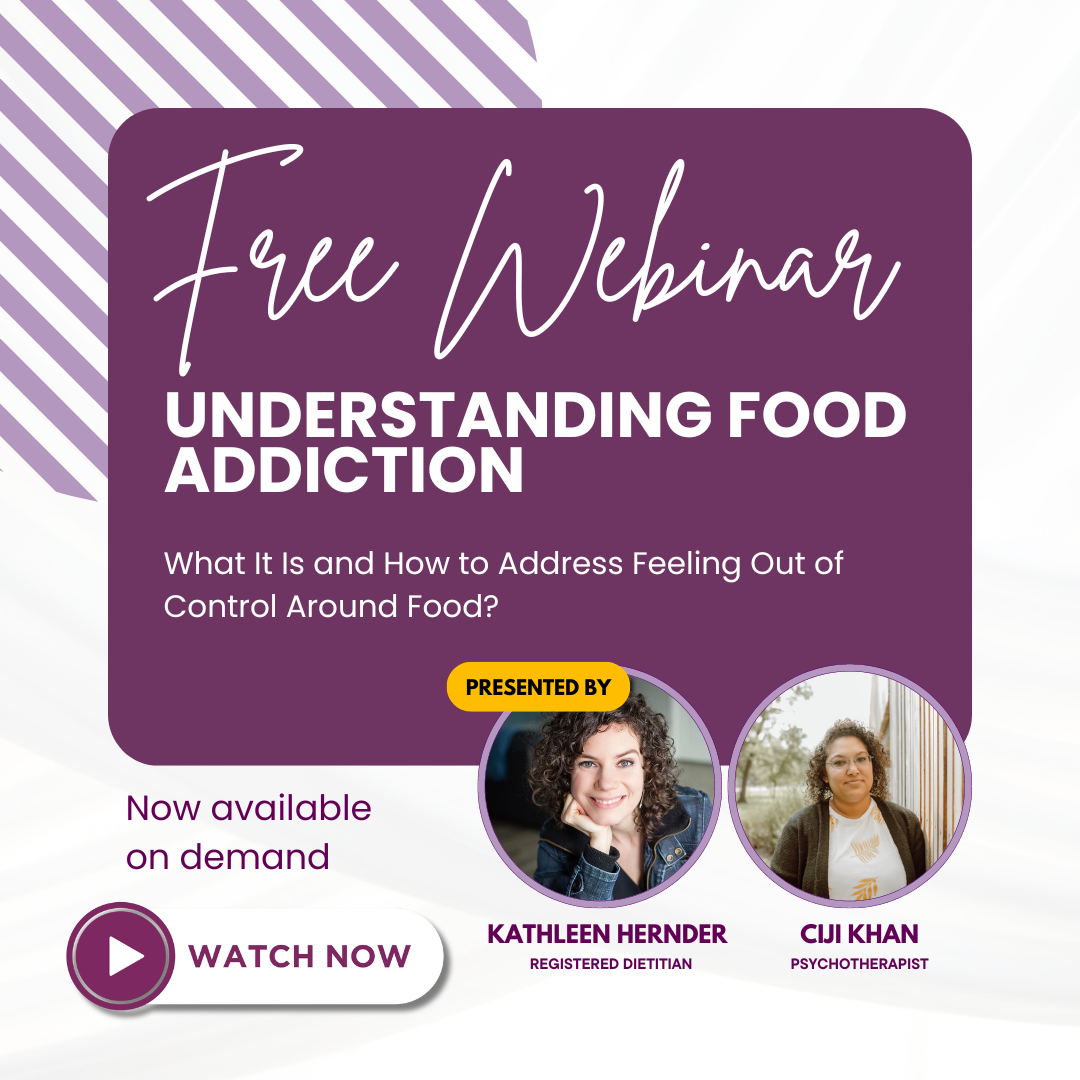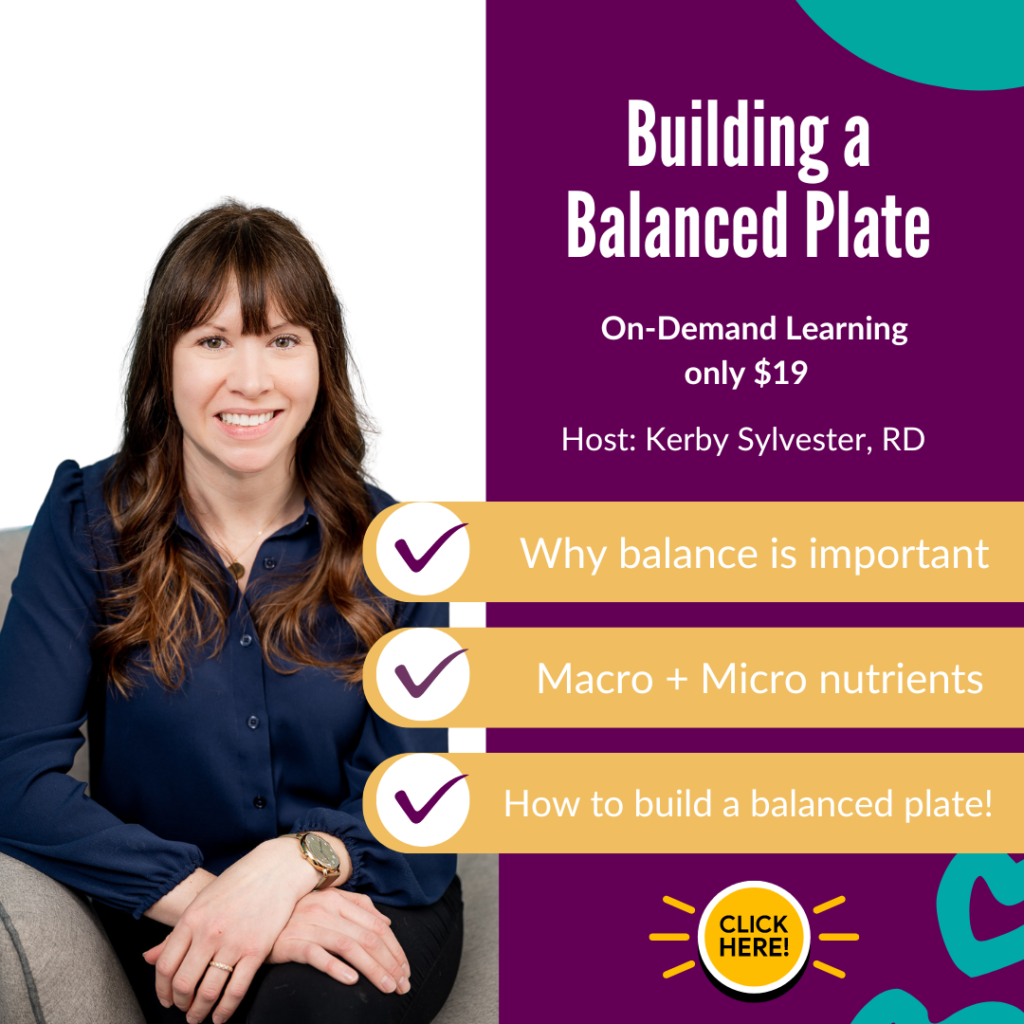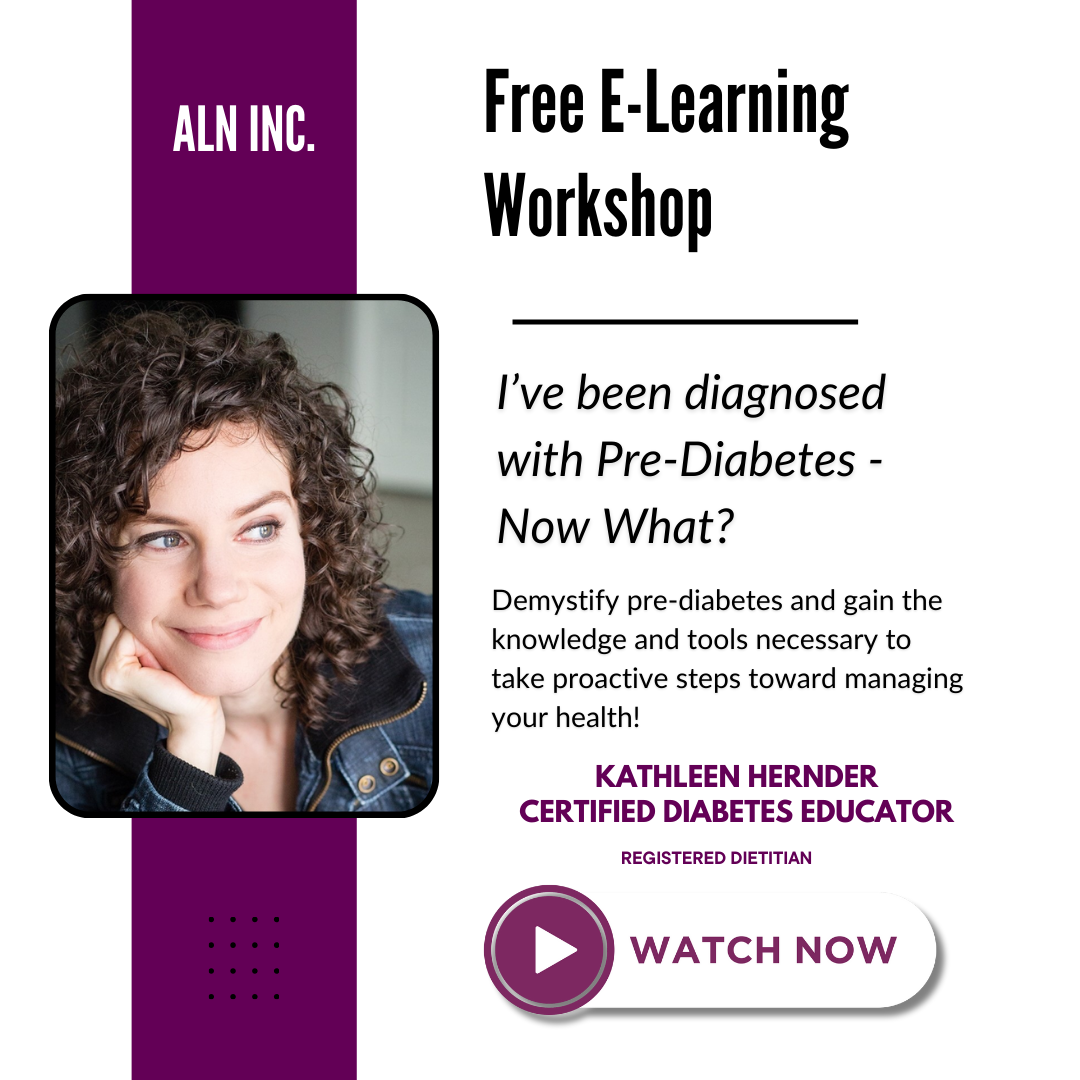Our relationship with food begins long before we’re adults. Our childhood experiences deeply influence how we think about food. How we develop eating habits, and even how we feel about our bodies. Early exposure to food insecurity, diet culture, or harmful body comments can stay with us for a lifetime. Let’s take a compassionate look at how our childhood experiences shape our relationship with food. Understanding these influences can be a powerful first step toward healing. Together, we can explore ways to nurture a healthier connection with food—a connection that feels supportive and empowering for you.
How Childhood Experiences and Food Insecurity Impact Eating Behaviors
Food is a fundamental necessity, yet many grow up without consistent access to it. Food insecurity, driven by factors like poverty, neglect, or other hardships, can have profound and lasting consequences.
When food is scarce, it sends a powerful message to your body and brain: “There isn’t enough to go around.”
Even as an adult with access to food, your body might still react as if scarcity is a threat. These feelings can lead to behaviors like eating past fullness when food is available, feeling guilty about eating, or stock-piling food.
These are not bad things—they’re survival mechanisms your body learned to keep you safe.
The Role of Diet Culture in Childhood Experiences and Food
Diet culture shows up early in life for many people. Studies show that children as young as six can already feel pressure to change their bodies. Comments about weight or appearance from family, peers, or even doctors can create feelings of shame or insecurity.
When diet culture intersects with childhood experiences, it teaches kids to see food as something to control rather than enjoy. Terms like “good foods” and “bad foods” can make eating feel like a moral decision instead of a way to nourish the body.
Body Comments and Their Lasting Effects on Childhood Experiences and Food
Many people with disordered eating recall moments from childhood when someone commented on their body. These comments might seem small to others, but they can be deeply hurtful and lead to a negative self-image.
For example, being told, “You’d look better if you lost weight,” can make a child feel like their worth is tied to their size. These feelings can often carry over into adulthood, creating an unhealthy focus on weight instead of well-being.
Healing from Childhood Experiences and Food Challenges
The good news is that it’s never too late to heal your relationship with food. Understanding how your past has shaped your behaviors is the first step toward change. Here are some strategies to help:
- Practice self-compassion: Recognize that your behaviors around food come from a place of survival, not weakness.
- Challenge diet culture: Replace terms like “good” and “bad” food with neutral language that focuses on how food makes you feel.
- Focus on abundance: If applicable, remind yourself that you have enough food now and it’s safe to enjoy it.
- Seek support: Work with a therapist or dietitian who uses a non-diet, weight-inclusive approach to explore your experiences and develop a satisfying relationship with food.
Moving Forward with Awareness and Kindness
Childhood experiences and food are deeply connected but don’t have to define your future. By gently exploring the roots of your behaviors and taking small, compassionate steps, it’s possible to create a relationship with food that feels safe, nourishing, and satisfying.
This journey is unique to you, and you don’t have to take it alone. Our team is here to provide understanding, support, and guidance every step of the way. When you’re ready, we’re here to help.
Looking for Support?

Watch The Replay
